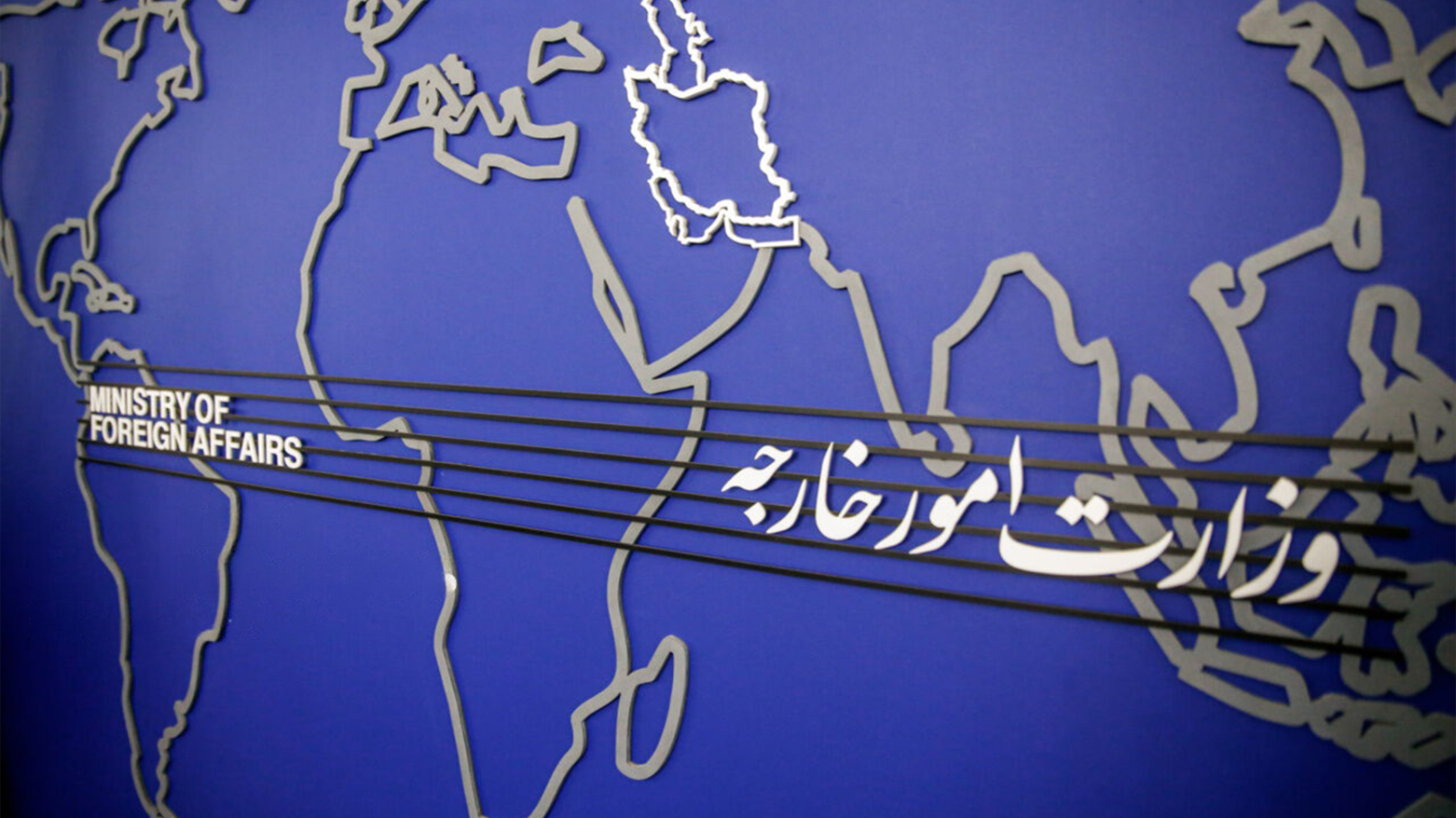Iran Condemns Killing of Senior Hezbollah Commander
Iran condemns Israel's "gross violation" of the truce in killing Hezbollah commander Haytham Ali Tabatabai, calling it a threat to global peace.

ERBIL (Kurdistan24) – In a vehement denunciation signaling a sharp spike in regional tensions, the Ministry of Foreign Affairs of the Islamic Republic of Iran has issued a stern condemnation regarding what it termed a "terrorist crime" by Israel following a deadly airstrike in Beirut. The attack, which targeted residential areas in the Lebanese capital’s southern suburbs, resulted in the assassination of senior Hezbollah commander Haytham Ali Tabatabai.
Tehran has characterized the operation as a "gross violation" of the ceasefire agreement established in November 2024 and a "brutal attack" on Lebanon’s sovereignty, calling for immediate accountability for the Israeli leadership.
The Iranian Foreign Ministry released a statement late on Sunday expressing outrage over the incident, which marks the most significant blow to Hezbollah’s leadership since the truce halted more than a year of intense cross-border hostilities.
According to the state-run Islamic Republic News Agency (IRNA), the ministry emphasized the absolute necessity of holding criminal Israeli leaders accountable for "terrorist acts" and war crimes. The statement underscored that the targeting of residential apartments in the southern Beirut suburb of Dahiyeh was a "treacherous attack" that killed at least five people. Among the dead were the senior commander Tabatabai and four other resistance fighters, while the blast wounded 28 others, including women and children.
The Lebanese resistance movement Hezbollah officially confirmed the death of its military chief in the strike. In a statement released shortly after the attack, the group acknowledged the loss of "the great commander" in the Haret Hreik area, a stronghold of the group in Beirut's southern suburbs.
While Hezbollah’s initial statement did not specify his position, background reports indicate that Tabatabai served as the group’s chief of general staff. He was a figure of immense significance within the organization’s hierarchy, reportedly instrumental in managing the group’s activities in Yemen and commanding special forces units in Syria before assuming his latest role.
The United States Treasury had previously issued a $5 million reward for information regarding his whereabouts, highlighting his profile on the international stage.
The Iranian Foreign Ministry expressed its deepest condolences to the families of the victims and paid tribute to Commander Tabatabai. The ministry praised his "lifelong dedication to defending Lebanon against Israeli aggression," framing his death as a martyrdom in the face of external belligerence. However, Tehran’s condemnation extended beyond Tel Aviv.
The ministry openly criticized the United States for its unwavering support of Israel, suggesting that this diplomatic and military backing is the primary catalyst for the repeated violations of the ceasefire by the "Zionist regime."
This latest flare-up comes at a particularly sensitive moment for Lebanon. The strike occurred just a week before the scheduled visit of Pope Leo XIV to the country, casting a shadow over what was intended to be a moment of peace and reconciliation. Despite the fragility of the situation, the Israeli military has insisted that it "remains committed" to the ceasefire.
Israeli officials framed the operation as an essential enforcement measure designed to prevent Hezbollah’s rearmament, which they claim violates the truce terms. Israeli Prime Minister Benjamin Netanyahu stated that the operation demonstrated Israel "will not allow Hezbollah to rebuild its power," while urging the Lebanese government to fulfill its responsibility to disarm the Iran-backed faction.
The strike itself was described by witnesses as a sudden flash followed by a shockwave that collapsed glass across nearby buildings. Lebanon’s National News Agency reported that three missiles were fired at the target site, hitting the third and fourth floors of a nine-story building in Haret Hreik. Emergency crews spent hours searching for survivors amid burned-out cars and shattered debris.
Israeli Defense Minister Israel Katz warned following the strike that Israel would continue its "policy of maximum enforcement," using stark rhetoric to assert that anyone threatening Israel "will have his hand cut off."
In its appeal to the global community, the Iranian Foreign Ministry urged the United Nations and international bodies to take decisive action against what it termed Israeli crimes. The statement described these military incursions as direct threats to both regional and global peace.
"The Ministry of Foreign Affairs considers the inaction and silence of the United Nations and its Security Council regarding the continuous aggressions and countless crimes of the Israeli regime against the Lebanese people as regrettable and unjustifiable," the statement read.
Tehran called for "serious action by the international community to confront organized terrorism and the Zionist regime’s warmongering against Lebanon and other countries in the region."
According to Lebanese authorities, Israeli attacks have killed nearly 4,000 people and displaced over 1.2 million residents across the country since the conflict escalated in October 2023. Hezbollah’s military structure has been under severe strain since it entered the conflict in support of Hamas, and the group’s losses, combined with mounting domestic economic strains in Lebanon, have left it increasingly vulnerable to targeted operations such as the one that claimed Tabatabai.
Concluding its statement, the Iranian Foreign Ministry issued a stark warning regarding the trajectory of the conflict. "Without a doubt, the military adventures of the Zionist regime in the West Asian region are the greatest threat, not only to the peace and stability of this region, but also to international peace and security, and therefore confronting this threat is a global responsibility."
As Beirut braces for the potential fallout of this high-profile assassination and the upcoming papal visit, the region remains precariously balanced between a shaky truce and the threat of renewed, widespread violence.